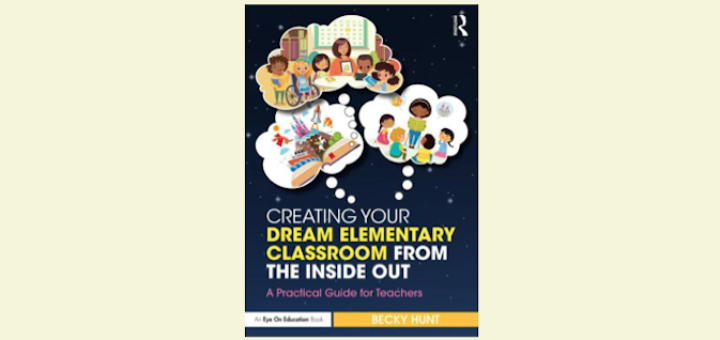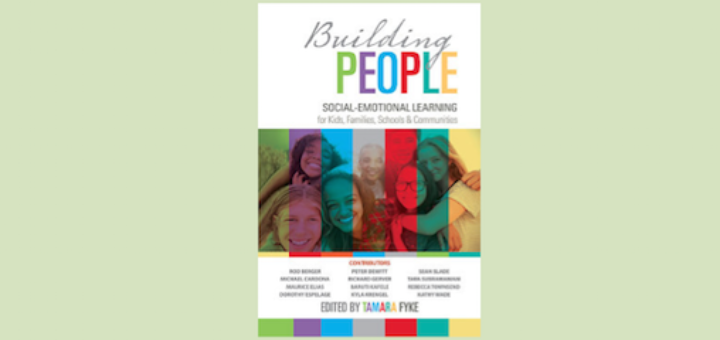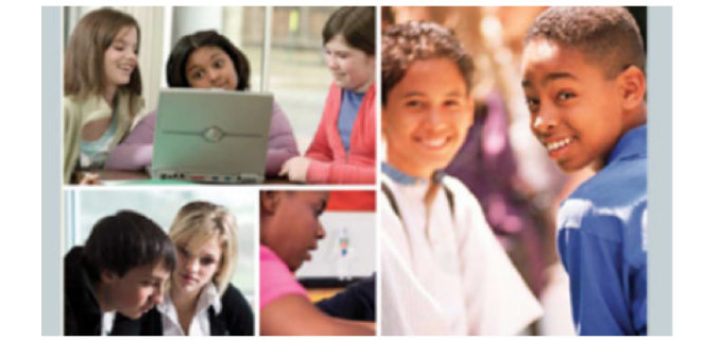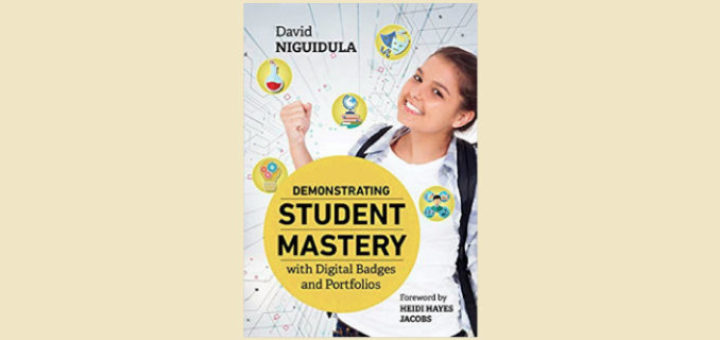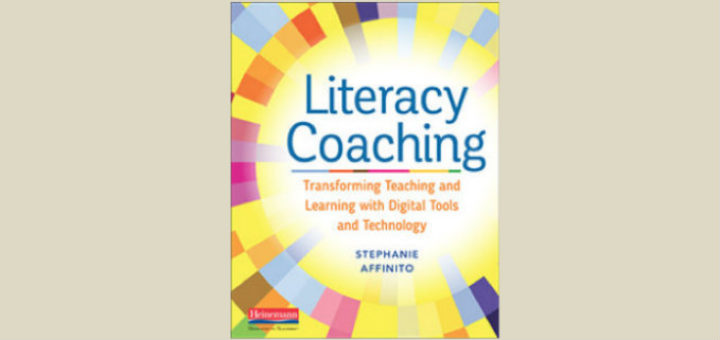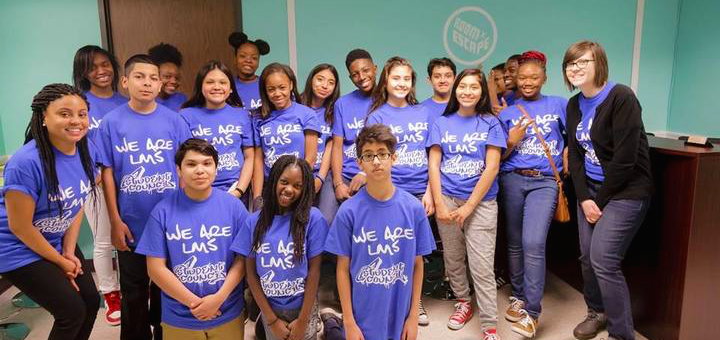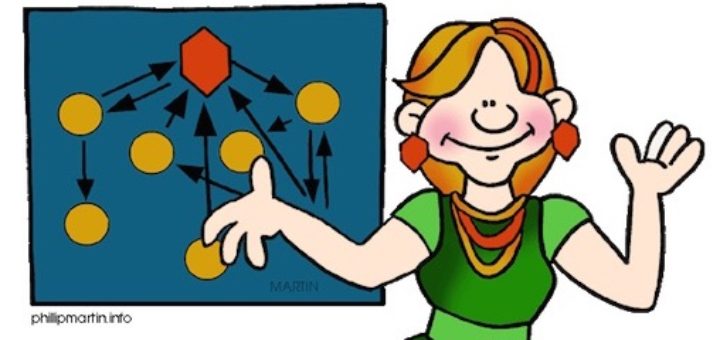How Voice and Choice Evolved in My Classroom
When Brent Gilson began teacher training he vowed to one day give his students more choice and voice than he ever had in school. Follow his journey from early experiments to his growing success, thanks to insights gained from mentors like Kylene Beers, Kelly Gallagher and Marisa Thompson.


